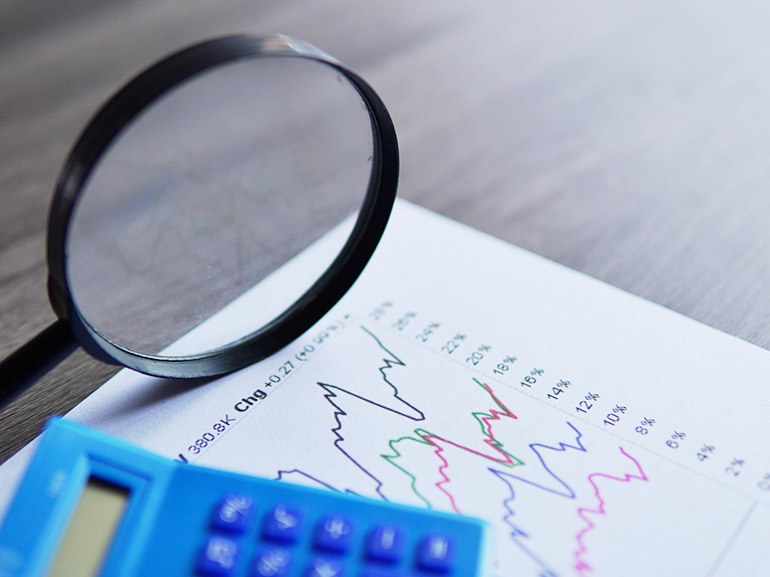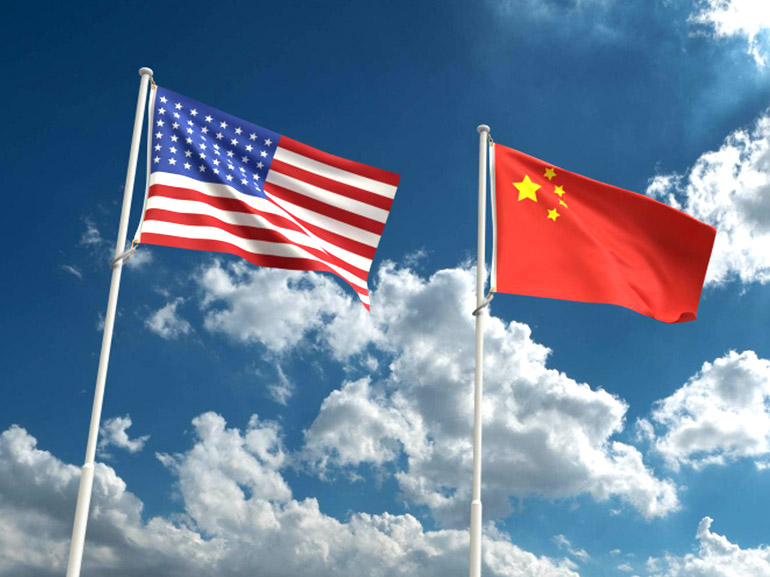Trading the Asian Stock Markets: All You Need to Know
In spite of the fact that Wall Street's famous stock exchange, the New York Stock Exchange (NYSE), is regarded as the world's largest, on the east side of the globe, there are Asian stock exchanges that rank third, fourth, and fifth on the global stock market. With over half of the global population living in Asia, its financial markets can be a force to reckon with.
So here’s what you need to know about Asian stock markets, Asian stocks, and their different types:

TL;DR
Chinese Stock Market: This includes the Shanghai Stock Exchange (SSE) and Shenzhen Stock Exchange (SZSE). China is the world’s second-largest economy. Foreigners can trade select Chinese stocks via the China A50 index or CFDs on companies like Alibaba, NIO, and Tencent.
Hong Kong Stock Market: One of the largest Asian markets, it benefits from China's economic rise. The Hang Seng Index tracks 50 major companies, including Xiaomi and Tencent. Hong Kong's exchange has merged with Chinese exchanges.
Japanese Stock Market: Japan is the third-largest economy, and the Nikkei 225 tracks 225 major companies like Sony and Toyota. It's a key benchmark for the Asian market.
Chinese Stock Market
It’s no secret that Asia is a massive continent, and is home to China, the world’s second-largest economy. Accordingly, Asian markets also cover the Chinese stock market which includes some of the world’s most renowned stocks from various and multifaceted sectors. There are two major stock exchanges on the Chinese mainland: the Shenzhen Stock Exchange (SZSE) and the Shanghai Stock Exchange (SSE). SSE began trading in 1990, making it China's first modern stock exchange, while Shenzhen Stock Exchange (SZSE) which is based in Shenzhen; a city in southern China's Guangdong province, was launched shortly after the SSE and has grown to become the seventh-largest on the planet.
Can Foreigners Trade Chinese Stocks?
Many Chinese stocks are inaccessible to foreign traders and are traded only on the Chinese mainland. Nonetheless, the ones that can be traded are considered some of the most popular stocks and are listed on the China A50 (CN) index, which measures the performance of the 50 largest A shares listed on the Shanghai and Shenzhen stock exchanges by full market capitalization. Traders may access and track A Shares, securities incorporated in mainland China and traded by Chinese and institutional investors, through this Chinese stock market index. Furthermore, companies like the Bank of China (3988.HK) and China Railway are tracked on this index.
An alternative way to gain exposure and access to the world’s second-largest economy’s stock market is through trading Contracts For Difference (CFDs) on shares of Chinese companies like e-commerce giant Alibaba (BABA), EV-maker NIO (NIO), and Chinese tech stocks like Baidu (BIDU), and Tencent (0700.HK).
You can learn more about CFD trading in our article titled “What Is CFD Trading?”
Hong Kong Stock Market
As one of the world's largest securities markets by market capitalisation, Hong Kong may also have a great deal to offer and is derived from Hong Kong’s ‘Association of Stockbrokers,’ which was the first official securities market established in China in 1891. As of the end of November 2020, over 2,500 companies were listed on the Hong Kong Stock Exchange (HKG), and thus, this market is considered one of the largest Asian markets. In conjunction with China's tremendous economic rise, mainland Chinese companies have been listed on the Hong Kong Stock Exchange ("H-shares"), causing its growth to rise.
Moreover, in recent years, Hong Kong's stock exchange has been merging with Chinese exchanges and is considered by many to be more or less unofficially part of China’s stock market. One of the most famous Hong Kong indices is the Hang Seng Index (Hong Kong 50) which is a free-float capitalization-weighted index that tracks 50 of the biggest companies in Hong Kong. Companies like Xiaomi (1810.HK) and Tencent are also tracked on this index.
Japanese Stock Market
The Japanese stock market is also a behemoth in that Japan is considered the world’s third-largest economy. One of Japan’s most prominent indices is the Nikkei 225 (Japan 225) a price-weighted benchmark index for the Tokyo Stock Exchange as well as a benchmark index for the Asian continent and was founded in 1949. This Japanese index measures 225 top-rated Japanese companies from three major sectors, namely industry, consumer discretionary, and finance.
Accordingly, some of the world’s most renowned companies and Japanese stocks like PlayStation manufacturer Sony (SONY) and motor giant Toyota (TM) are tracked on this Japanese stock market index.
How Do Trump’s Tariffs Affect the Asian Markets?
Given that the US is the world’s largest economy and China is its second-largest, it is no wonder that news from either side can affect the other, and US President Donald Trump’s trade tariffs are no exception.
Trump, who imposed tariffs on some of the world’s largest economies, has rattled the markets, especially with his tariffs on Asian countries like China. (Source: CNBC)
On Wednesday, 2 April, Trump declared an additional 50% duty on US imports from China in case the latter does not withdraw the 34% tariff it imposed on US goods the week prior. In addition to the 34% retaliatory tariffs, China announced that it would impose further restrictions on rare earth exports used in hi-tech production, such as electric vehicle (EV) batteries, and added more US companies it will not do business with. Later, on Monday, 7 April, Lin Jian, the spokesperson for the Ministry of Foreign Affairs in China, stated, “The Chinese government strongly deplores and firmly rejects this. What the US has done is a typical move of unilateralism, protectionism, and economic bullying. It will hurt the US itself as well as others.”
Perhaps unsurprisingly, these trade threats took a toll on the Asian markets on Monday, 7 April, as they experienced their steepest decline since 1997. The Hang Seng dove 13%, and China’s CSI300 dropped 7%. Nonetheless, on Tuesday, 8 April, these major markets were able to rebound from their lows.
This volatility can only show the unpredictable nature of the markets.
Conclusion
In conclusion, the Asian markets may present key trading opportunities for those seeking some beyond the traditional US stock exchanges. However, while the former may be true, it is important to note that major factors can affect Asian markets’ growth and, accordingly, your trading portfolio.
As such, keeping track of economic events and news can help you better prepare for potential shifts in the Asian market landscape.
*Past performance does not reflect future results.
FAQs:
Can foreign investors trade on Chinese stock exchanges?
Yes, but only certain stocks are accessible to foreign investors. These are typically tracked through the China A50 index or via CFDs on major companies like Alibaba and Tencent.
What is the Hang Seng Index?
The Hang Seng Index tracks the 50 largest companies listed on the Hong Kong Stock Exchange, including companies like Xiaomi and Tencent. It's a significant benchmark for the Hong Kong market.
How does the Nikkei 225 index work?
The Nikkei 225 is a price-weighted index that tracks 225 top-rated Japanese companies, primarily from industries like consumer discretionary, finance, and industrials, including giants like Sony and Toyota.
Why is Hong Kong's stock market important?
Hong Kong's market is one of the largest in Asia, with strong ties to China, and has seen growth due to the listing of mainland Chinese companies (H-shares) on its exchange.







